This program is no longer accepting applications.
redefining what’s possible
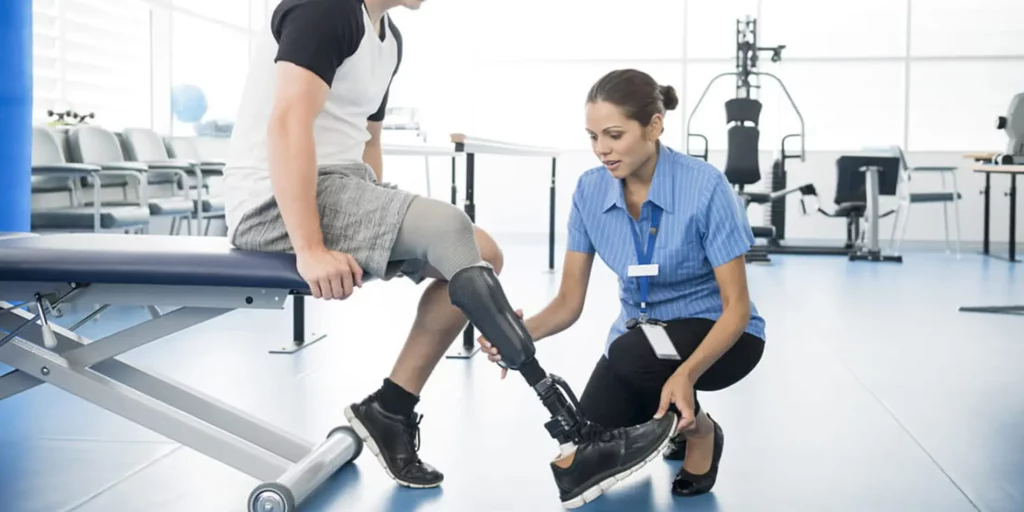
This program is no longer accepting applications.
With an aging population and medical and technological advances, this program is specifically designed for practicing physical therapists. The Transitional Doctor of Physical Therapy (DPT) is an innovative, 100%-online program.
Integrating art and science, as well as professional and experiential education, our degree is designed to meet today’s industry needs and must-have skills, and empowers you to meet the challenges of both today, and the future. The program is accredited by CAPTE.
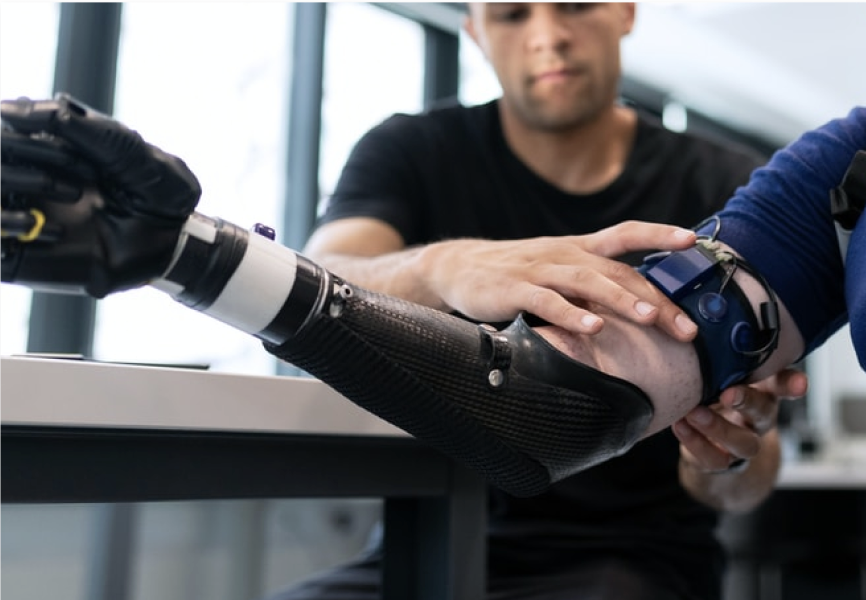
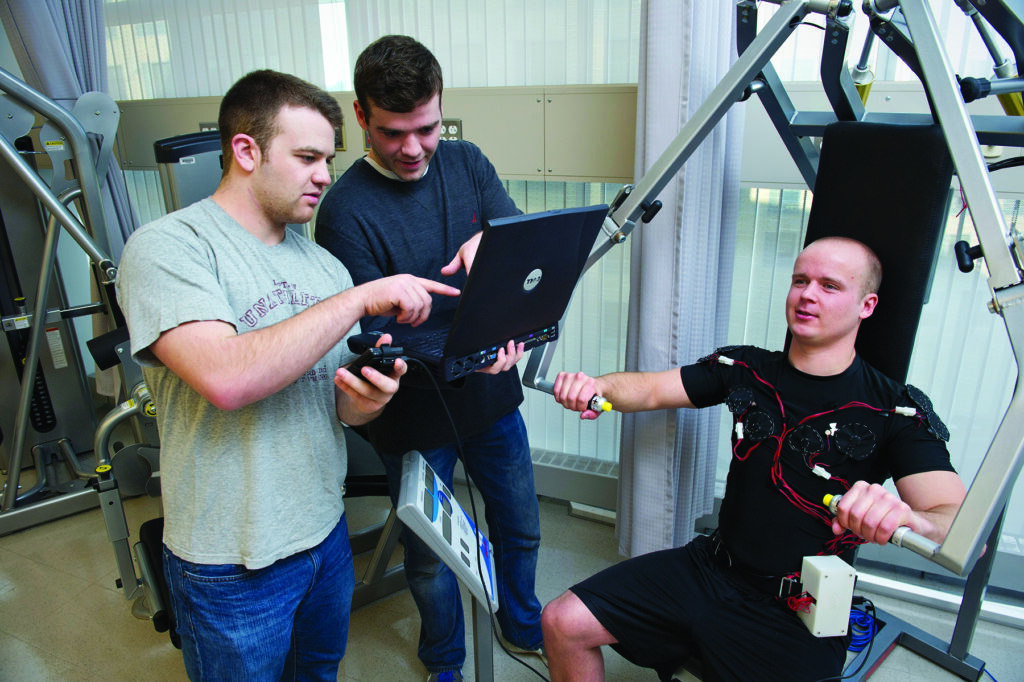
For 100+ years, we’ve designed our programs with one thing in mind — your success.
Gain the knowledge and skills required to competently screen patients for a variety of conditions, interpret clinical findings, and make sound clinical judgments.
Evaluate the clinical interpretation of various medical imaging techniques, including plain film radiography, magnetic resonance imaging, and computerized tomography.
Write, refine, and analyze a comprehensive and publishable case report that addresses the patient/client management model, clinical decision-making processes, and resource utilization.
Examine current motor control concepts, along with state-of-the-art technology and equipment.
Review advanced pharmacologic management concepts, including the interrelationship between pharmacologic management and physical therapy interventions.
Per the American Physical Therapy Association (APTA), the clinical DPT is now the profession’s terminal degree. In addition, degree-holders can expect to enjoy excellent job prospects for years to come.
According to the U.S. Bureau of Labor Statistics, employment of physical therapists is projected to grow much faster than average for the foreseeable future.
This growth can be attributed to an increasing elderly population, as well as medical and technological advancements—all of which are expected to drive demand for advanced rehabilitative and therapeutic services.
Degree type:
– Transitional Doctor of Physical Therapy
– Accredited by CAPTE
Designed for practicing physical therapists, the Transitional Doctor of Physical Therapy (tDPT) provides the necessary coursework to earn a terminal doctoral degree in physical therapy.
Students who have earned a bachelor’s degree in physical therapy will enter the program as Direct-Entry students and will be required to take a core of six courses plus two electives (33 quarter hours).
Students who have previously earned a master’s degree in physical therapy will be required to take five core courses and one elective (24 quarter hours).
All students will culminate their tDPT curriculum with the capstone course, Comprehensive Case Analysis (PTH 6900). Students have an opportunity to prepare a comprehensive and publishable case report or other scholarly work in partial fulfillment of the requirement for a tDPT degree.
Core courses within this physical therapy doctoral program include:
Upon entrance to the Transitional Doctor of Physical Therapy program, students will select either the educational or clinical track to follow.
Selecting the educational track will enable the student to focus their coursework within the educational realm.
Selecting the clinical track will allow the student to focus on current clinical practice in their elective(s) as well as completing a capstone project within their clinical domain.
The capstone course, Comprehensive Case Analysis, is a culmination of all work within the transitional DPT curriculum. Students will prepare a comprehensive and publishable case report or other scholarly work in partial fulfillment of the requirement for a transitional Doctor of Physical Therapy degree.
One of the two elective requirements may be waived in certain circumstances, i.e., if the physical therapist holds an ABPTS or similar certifications. In certain circumstances, other elective options may be considered with program director approval. Students work with their advisor and the program director for their individual course plan of study.
Sample curriculum, subject to change.
Curriculum subject to change.
For most up-to-date information please refer to the university’s academic catalog.
Also 5-year, 3 co-op option available.
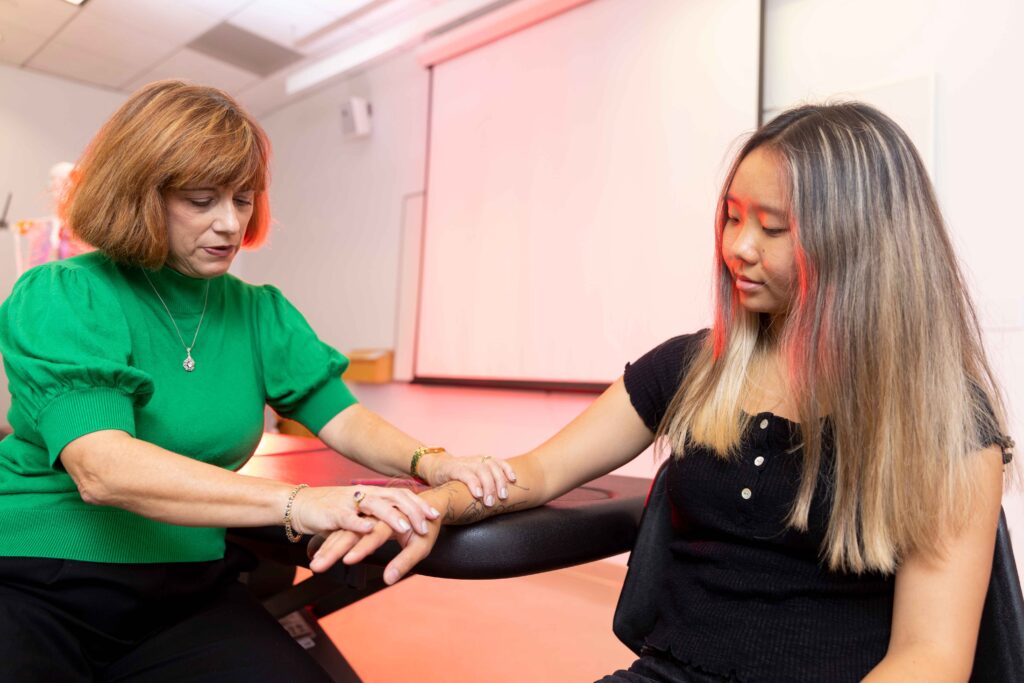
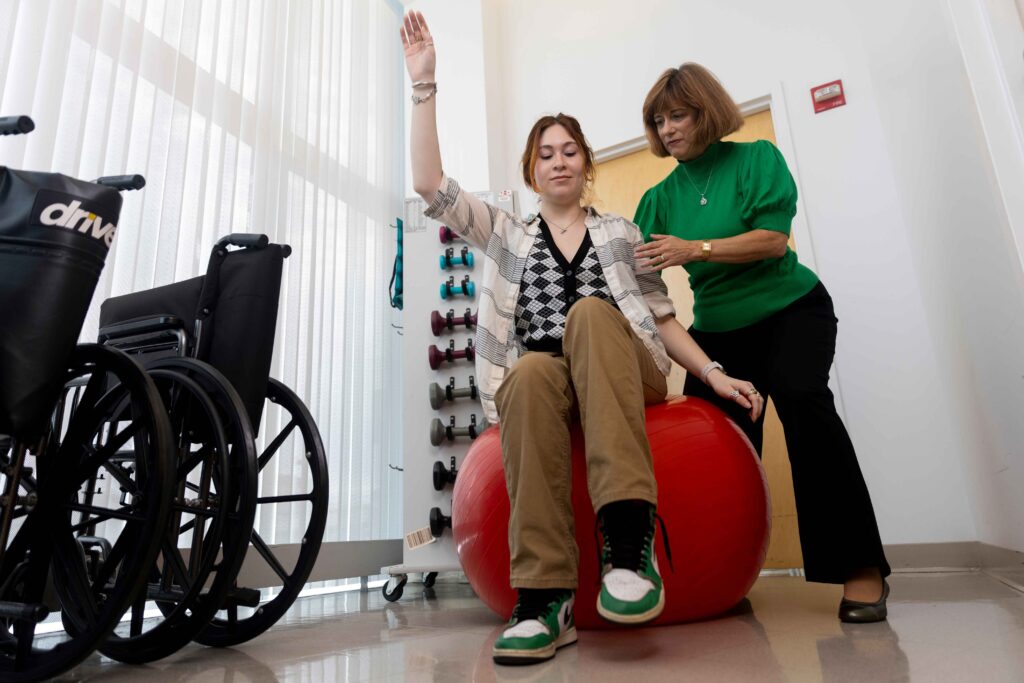
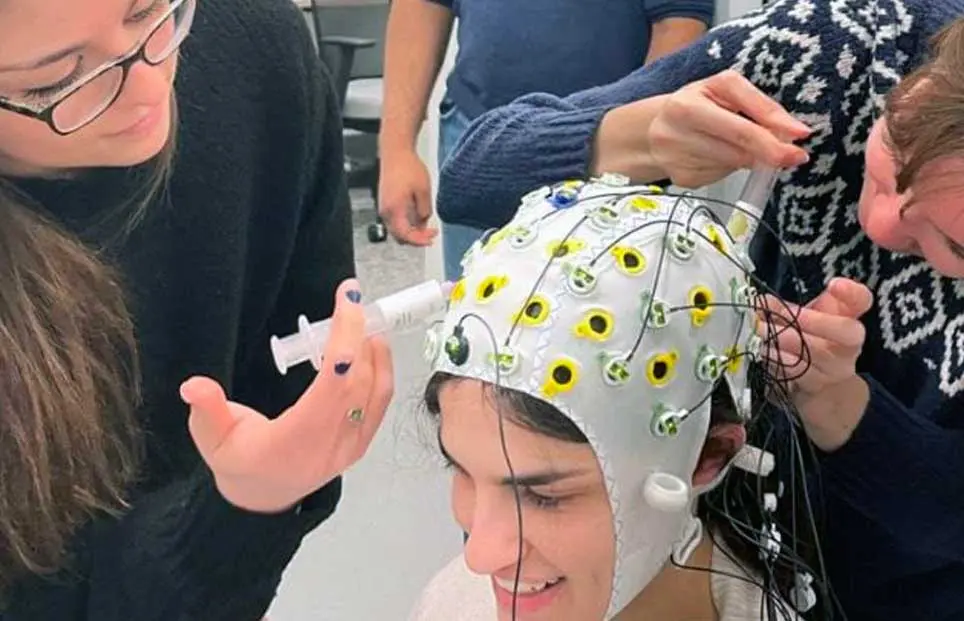
Northeastern’s signature experience-powered learning model has been at the heart of the university for more than a century. It combines world-class academics with professional practice, allowing you to acquire relevant, real-world skills you can immediately put into action in your current workplace. This makes a Northeastern education a dynamic, transformative experience, giving you countless opportunities to grow as a professional and person.
We are in the mecca of healthcare in Boston and are affiliated with many fantastic clinics in the area. Our clinical education partners are in 37 different states, and include rehabilitation facilities, pediatric centers, professional sports teams.
The majority of our clinical faculty are board certified specialists and half of our faculty are research faculty so there are many opportunities for students to get involved in research from the get go.
Northeastern University faculty represents a broad cross-section of professional practices and fields, including finance, education, biomedical science, management, and the U.S. military. They serve as mentors and advisors and collaborate alongside you to solve the most pressing global challenges facing established and emerging markets.